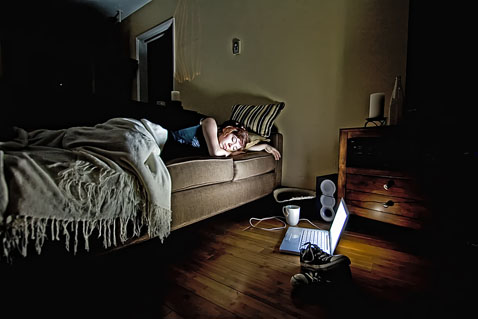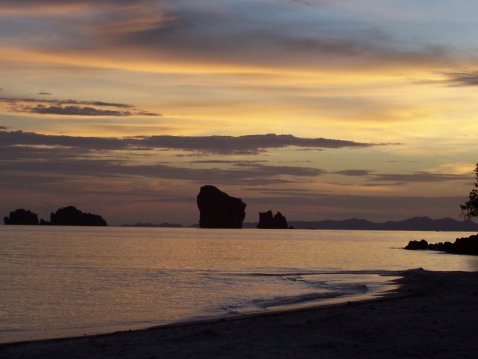i went crazy
/On the day I'm to introduce our last new writer, Jenni of Demeter's Feet, I go to her blog and the first thing I see is this:
"Today is peaceful. I am writing. I am remembering. I am tending my baby's strawberries. I am sad, but I had my meltdowns earlier this week. Distractedly burned a giant batch of nachos one night, sobbed over pasta and sauteed zucchini the next. Have been by turns irritable, angry, quiet, exhausted. All the usual stuff. All the normal stuff. It doesn't worry me anymore. It's just how it goes..."
And I have all I need to in order to make the welcome. This is why we're all here, is it not? We're honoured to have Jenni's kind soul among us as a regular contributor.
~ Kate
On Route 28, a few blocks from my house, there is a drinking water dispenser. It's wedged into the corner of a shopping plaza between the Natural Food Mart and Plaster Fun Time. Its bright blue awning advertises "Pure Water," and a sign states that it has been U/V filtered seven times to remove all chlorine, bacteria, and impurities. It costs 25 cents a gallon, and you have to bring your own jugs.
After our loss, I got obsessed with this water machine. When I drove down 28 I would pull into the plaza, get out of my car, and stare at it. Was this water really pure? Was it really healthier than my tap water? Who put it there? How did I know it was really filtered seven times? What if it was dangerous?
I asked in the natural food store, but they didn't know anything about it. Google and the Plaster Fun Time people didn't know anything either. A notice tacked to the machine indicated it was regularly inspected by someone, but the last signature was dated several months earlier. In fine print was a phone number, which I called but got no answer.
Meanwhile I was drinking my tap water at home. With every glass I wondered, Am I making myself sick? Too sick to carry another baby? Is this water what killed her? Would the water machine be better? Or is it a scam, unregulated, unhealthy?
 photo by calignosus
photo by calignosus
That blue awning became my Zoltar. In my mixed-up grief brain it held some answer, some clue to my fate. I wanted it to grant my wish of perfect, fertile health. But I was skeptical. I began stalking it, doing slow drive-bys, squinting at it out the car window, going out of my way to cruise past the plaza. Once, seeing a car there, I wheeled into the parking lot and flagged down the elderly couple who had just loaded up their jugs and were trying to back out.
Excuse me, I'm sorry, but do you know anything about this water?
Well, we've been drinking it for years, and it hasn't killed us yet!
What should my follow up question have been? Do you think tap water killed my baby? Do you think the Zoltar water will keep my next baby safe?
The notion that a person can go mad with grief has been around for millennia. And there are images in literature and film of mommies who go mad after losing a child. So, I knew this was a thing. I just didn’t expect it to look like this.
Weeping? Wailing? Throwing stuff? Sure, I’ve done that. But that’s sadness, not madness. It’s sadness, and helplessness, and anger, and even though it makes me feel so separated from “other” people, I know it is normal. A really normal response to my baby dying. That’s not crazy.
It’s the other stuff that worries me. Finding a bag of books in my closet and having zero recollection of who gave them to me. Looking down at my dinner plate to find I have been chewing on processed ham slices after years of being a near-vegetarian. Avoiding the gym because too much exercise can cause miscarriage or start labor (while being not at all pregnant). Stressing about a family paddle on a very small pond, because I keep picturing everyone drowning. Waylaying the elderly in parking lots. Fearing the tap water. Did I lose my mind as well as my kid?
It’s been about year since my last Zoltar drive-by—eventually I got fed up with myself and bought a Brita filter. And I’m sitting here now wondering how I’m doing. There is no babyloss measuring stick to gauge a return to sanity, a return to functional personhood. It’s been 17 months since goodbye, and this week, in a perfect world, she would have turned one. Today my mind is calmer but still thick with grief. So I have to wonder, what crazy thing am I doing now?
We still don’t know why I went into labor at 20 weeks. According to the doctors, there are ten reasons, and there are no reasons. And isn’t that enough to make a person nuts? But we do know it wasn’t something I drank.
* * * * *
What does your crazy look like? Does it scare you? Is it an ally, giving you permission to act outside the box? What do you do with other people who think you are crazy? What elements of grieving have made you feel most isolated and separate? What elements have made you feel the most normal, human, and sane?




